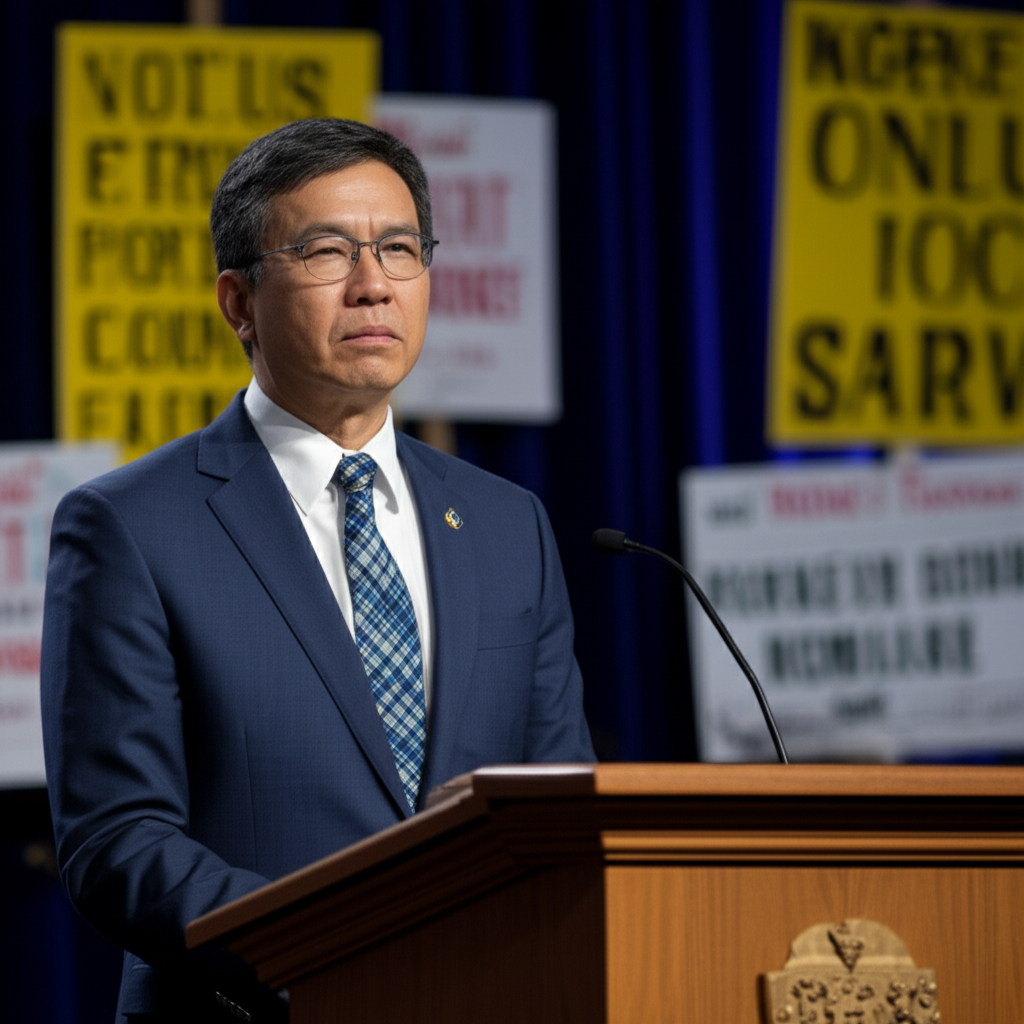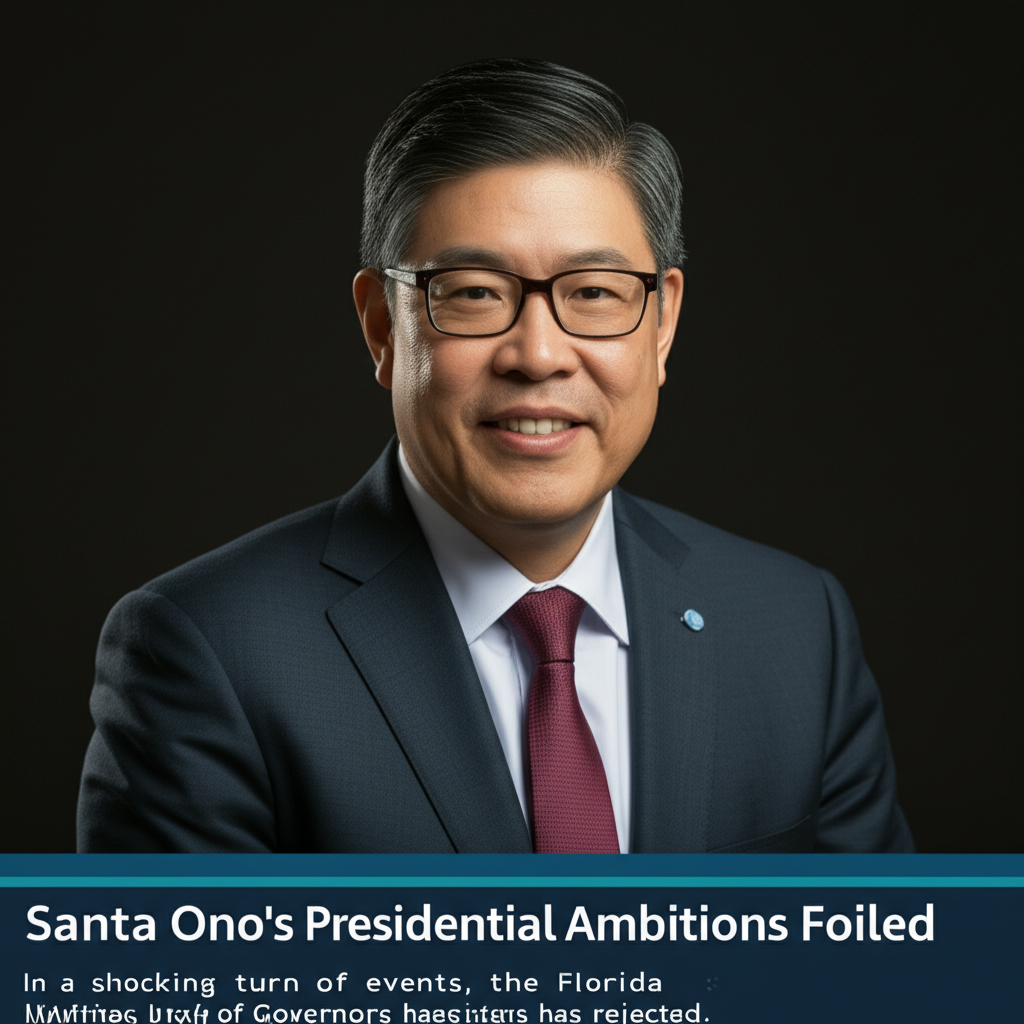Contents
A Christmas Carol for Gators: The Fall of Santa Ono’s Bid

Santa Ono Rejected:
Santa Ono’s Presidential Ambitions Foiled by Conservative Backlash
In a shocking turn of events, the Florida Board of Governors has rejected Santa Ono as the next president of the University of Florida (UF), citing concerns over his past support for diversity, equity and inclusion programs. This decision marks a significant setback for Ono’s presidential ambitions and raises questions about the limits of free speech on college campuses.
Ono was initially approved by the UF Board of Trustees in May, but the board of governors ultimately voted against him 10-6, reversing an unprecedented action. The Florida Governor’s Office of Government Efficiency had also raised concerns about Ono’s proposed contract, which included requirements for cooperation with their office and alignment with the state’s conservative approach to education.
The Conservative Backlash
The opposition to Ono was led by prominent conservatives, including U.S. Sen. Rick Scott, Donald Trump Jr., and Florida GOP lawmakers. They criticized Ono’s past support for pro-Palestinian protests, climate change efforts, and gender ideology initiatives at the University of Michigan, where he previously served as president.
Ono himself acknowledged that his views on DEI programs had evolved over time. In an article published in Inside Higher Ed, he wrote that while he initially supported DEI initiatives because they promoted “equal opportunity and fairness for every student,” he later saw them becoming “more about ideology, division and bureaucracy, not student success.”

The Role of Gov. Ron DeSantis
Florida Governor Ron DeSantis played a significant role in Ono’s rejection. While he did not take a public stand on Ono, his office had expressed concerns about the proposed contract. When questioned about his statements during a recent news conference, DeSantis admitted that some of his comments made him “cringe.”
A Controversial Legacy
Ono’s past decisions have sparked controversy, particularly regarding his handling of DEI programs at the University of Michigan. He faced criticism for limiting DEI offices and appointing new officials who were more aligned with the university’s conservative views.
The opposition to Ono raises important questions about the limits of free speech on college campuses and the role of government in shaping education policies. As the search for a new UF president begins, it remains to be seen how much flexibility there will be in terms of ideological requirements for the position.
Will the next president of the University of Florida be able to navigate these complex issues with ease, or will they face similar backlash from conservative critics? Only time will tell.


































![How To Make WhatsApp Group Video/Voice Call on Android and iPhone [Full Guide]](https://mobupdates.com/wp-content/uploads/2018/07/001_Fotor-1-100x70.jpg)









 Online casino
Online casino